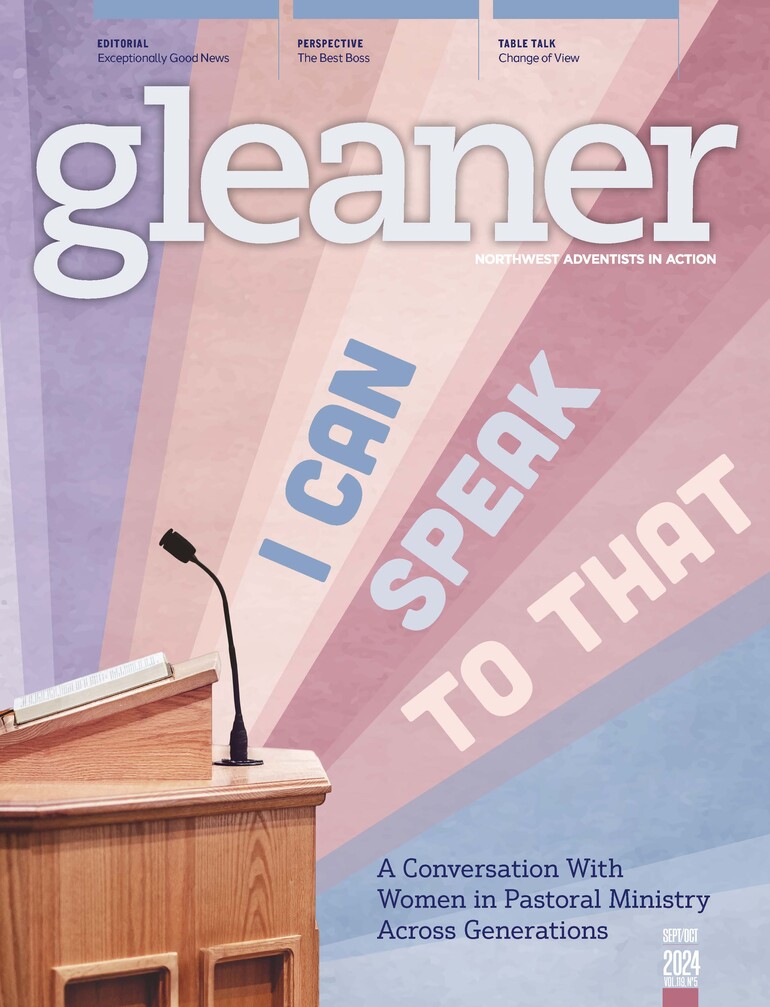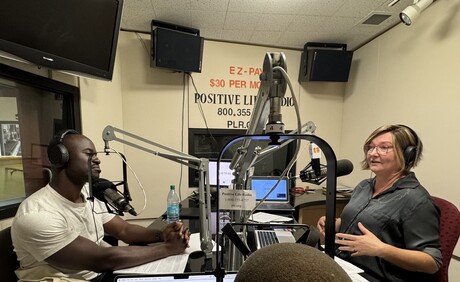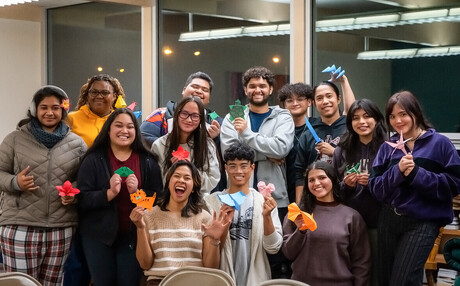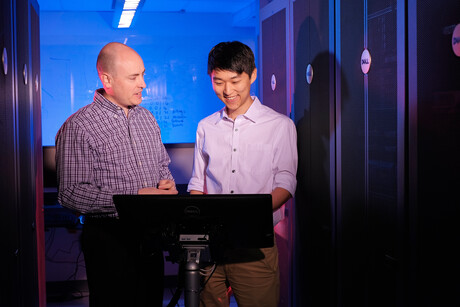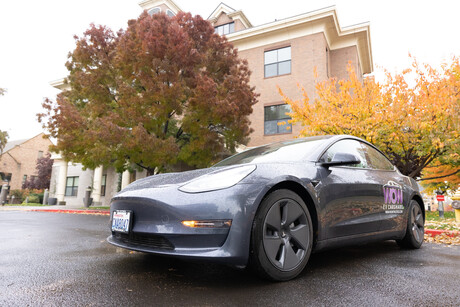Backpacks and binders, colored pencils and calculators — it’s back-to-school time for the thousands of students attending North Pacific Union Adventist schools. They will be served by teachers who are trained to ensure the Christ-focused development of the whole student, a hallmark of Adventist education.
Walla Walla University believes Adventist education is more important than ever. To encourage more students to consider teaching as a career, two years ago WWU partnered with NPUC to offer the NextGen Teacher scholarship. WWU is also offering innovative new programs and collaborative services to support even more Adventist teachers as they inspire academic excellence and faith in God.
Job-embedded NAD Adventist Certification Courses
To maintain a consistent educational standard, develop professionalism and ensure a faith-based learning environment, Adventist Educators’ Certification is required for teachers in Adventist schools. Generally, this meant teachers spent summers in classes.
Now, WWU’s new job-embedded Adventist certification courses allow teachers to gain essential skills through online, self-paced courses that incorporate real classroom activities into the teaching and learning process.
“One of the biggest challenges for Adventist teachers who want to engage in professional development is their busy teaching schedule,” said Maria Bastien Valenca, WWU School of Education and Psychology dean. “Because they can do these courses during their school year, teachers can field test what they learn right away in their own classrooms and receive feedback and support from faculty in real time.”
"Taking courses during the school year instead of waiting for summers will allow teachers to work towards their Adventist certification goals faster and it improves work-life balance," she added.
Current teachers with classroom access and who are under contract with their Seventh-day Adventist conference may enroll in these courses, even if they do not teach in the NPUC region. For more information about the courses or how to enroll, email edpsyc@wallawalla.edu.
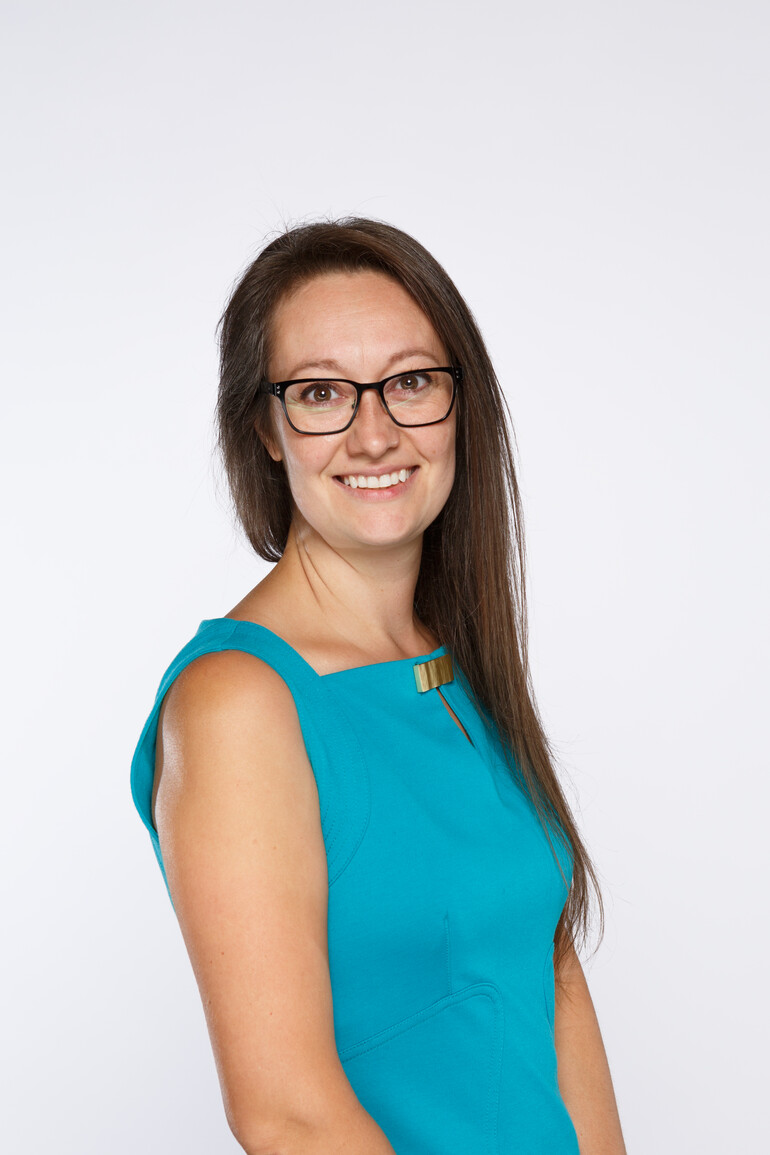
“Support for our teachers is important to us at WWU," said Bastien Valenca, "starting with our pre-service teachers as they go through our program, and then for in-service teachers as they engage in professional development and graduate degrees."
New Flexible Science Education Bachelor’s Degree
The demand for teachers is outpacing the supply, especially for qualified science, technology, engineering and math teachers.
“It takes a specialty degree to teach earth science, biology, chemistry or physics in a school,” explained Brian Hartman, WWU associate professor of education. “Often a teacher with only one certification would have to work on the side to take the required classes for additional specializations. This makes it more difficult for science teachers to qualify for jobs where they must teach more than one subject. It also makes it more difficult for schools to find science teachers who can teach multiple science areas.”
To help place more qualified science educators, WWU now offers a degree in science education that can lead to endorsements in at least two science areas when paired with a bachelor’s of education degree.
“With this degree, schools can hire a science teacher to teach multiple science areas. It’s one four-year degree, but students receive two areas of specialization for the price of one,” Hartman said.
The School of Education and Psychology partners with the biology, chemistry and physics departments to offer the degree. Students who complete it may sit for the credentialing examinations in their areas right away, Hartman shared. The degree may also be customized for students who wish to become credentialed in more than two science areas.
“College students may not initially think about science education, so we want to raise the visibility of this as a highly valued option,” he said. “A good science teacher can change everything for their student.”
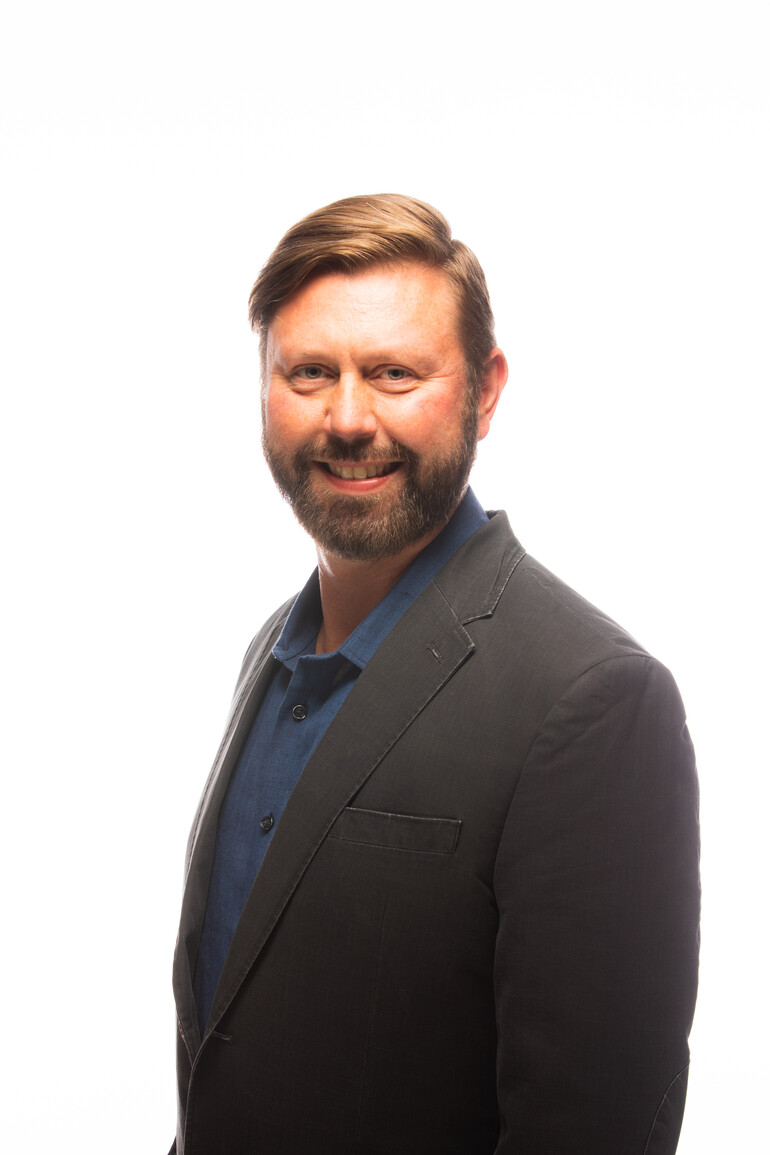
Hartman is uniquely qualified to help science students recognize the blessings of teaching. He holds undergraduate degrees in engineering and biology, a master of initial teaching degree and a Ph.D. in science and math education.
Artificial Intelligence Training
You may have asked Siri to dial your phone or typed a question for Google. If so, you have engaged in artificial intelligence, which is increasingly part of our everyday lives.
AI’s impact on education is undeniable, both for students and teachers. “AI is forcing us to rethink education in dramatic new ways,” said Cynthia Westerbeck, WWU English and modern languages department chair. “These tools aren’t going away, but we don’t want people to lose the ability to think for themselves, to understand concepts and to know when AI is wrong. We need to talk more about AI and learning.”
For that reason, Westerbeck recently facilitated conversations about the complexities of AI in education with NPUC principals and superintendents, and also with Walla Walla Valley Adventist Schools K–12 teachers. Students will use these quickly evolving tools, likely in different ways for every discipline, so they should be taught when AI is appropriate to use and how to keep thinking critically.
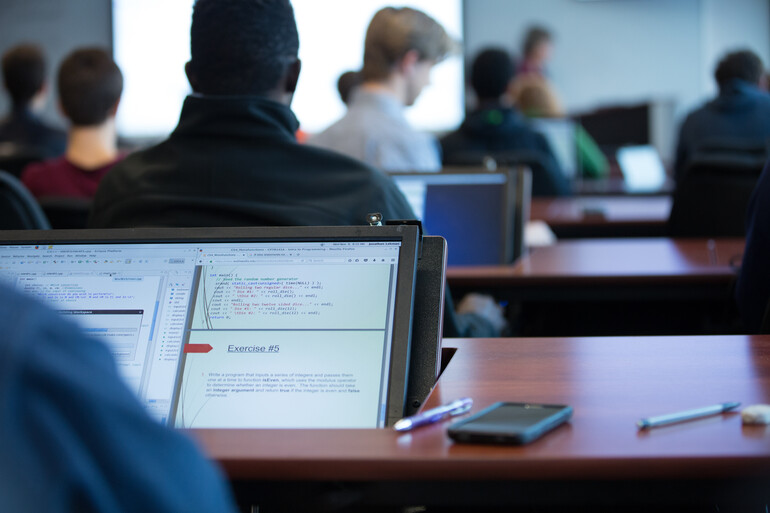
Helping Adventist teachers know how to embrace AI to improve learning is just as important as helping students use it responsibly. For this reason, the School of Education and Psychology reconfigured educational technology classes for both pre-service teachers and graduate students to more directly cover AI concepts. Teachers learn how to develop assignments that either include or exclude AI.
“AI has the potential to improve teaching and even reduce workload,” Hartman said. “It’s important to carefully explore how to use AI ethically in teaching and how to help students use it responsibly as well.”
“Education is about the process, not simply a destination,” Westerbeck emphasized, something she thinks about frequently as she leads the university’s general studies committee to provide a balanced education for all students. “WWU’s mission calls us to prepare students for ‘responsible citizenship, generous service, a deep respect for the beauty in God’s creation and the promise of re-creation through Jesus Christ.’ We recognize that we’re all in this mission together — this important work happens at every level in Adventist education.”
“The work of teachers impacts students and their families for years to come,” added Bastien Valenca. “At WWU, supporting our Adventist teachers as they do their work is a partnership that is more than fulfilling, it’s an investment in eternity.”
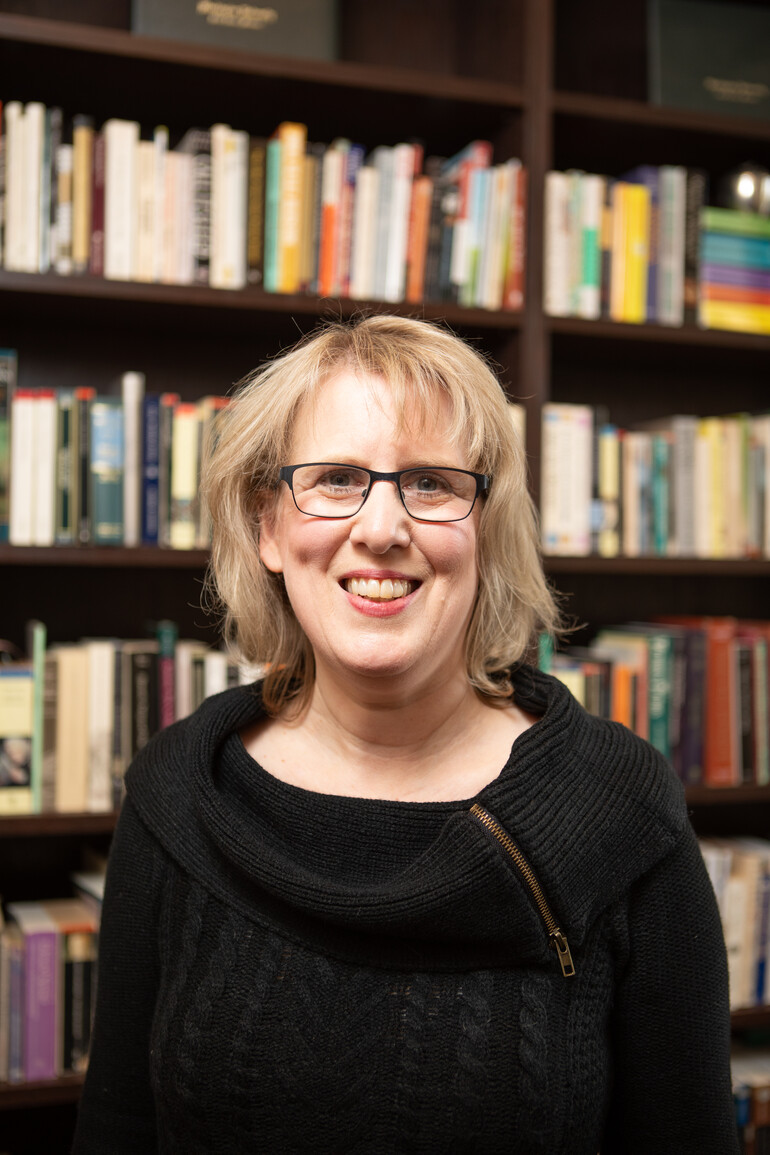
“Education is about the process, not simply a destination,” Westerbeck emphasized. "We recognize that we’re all in this together — this important work happens at every level in Adventist education.”




